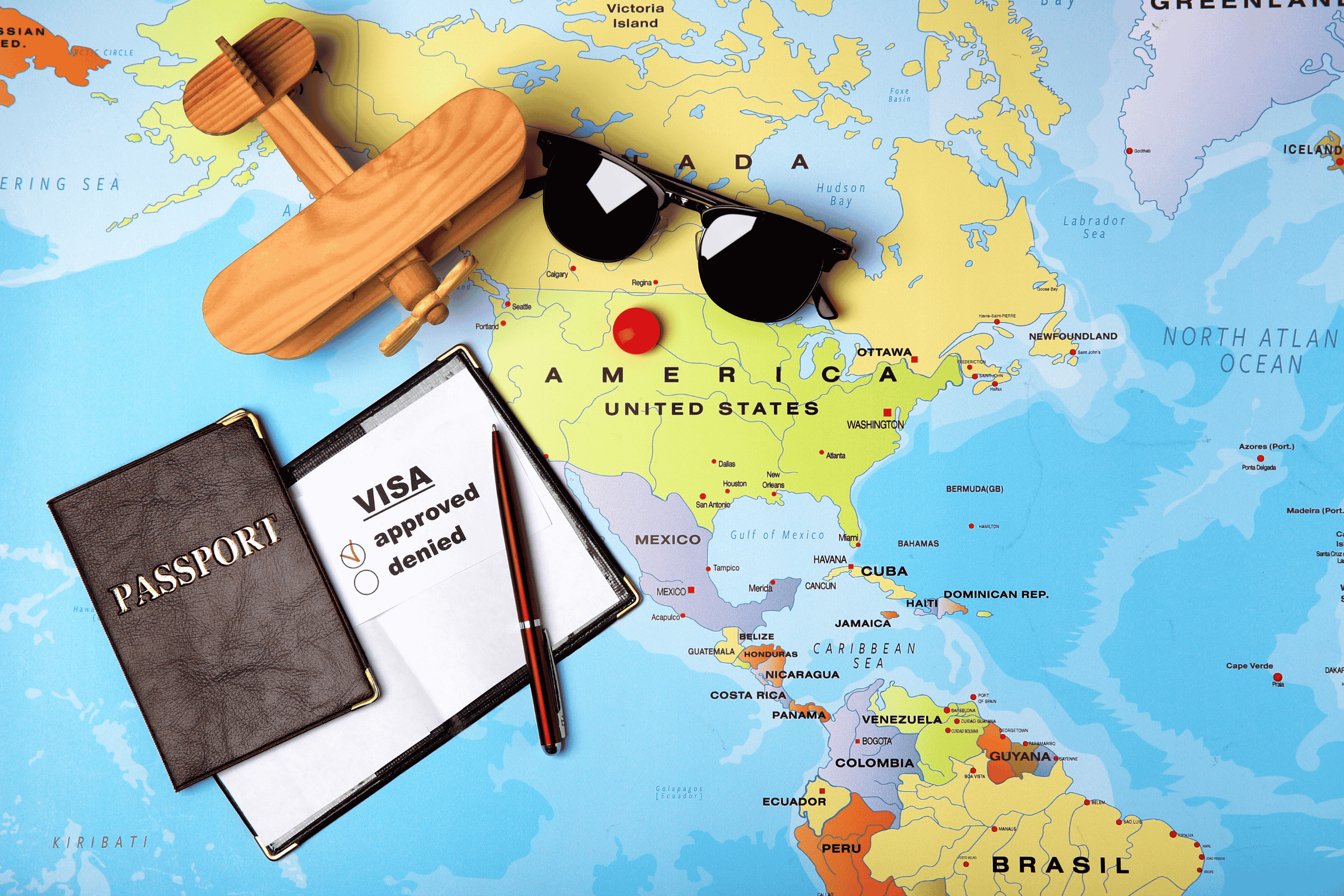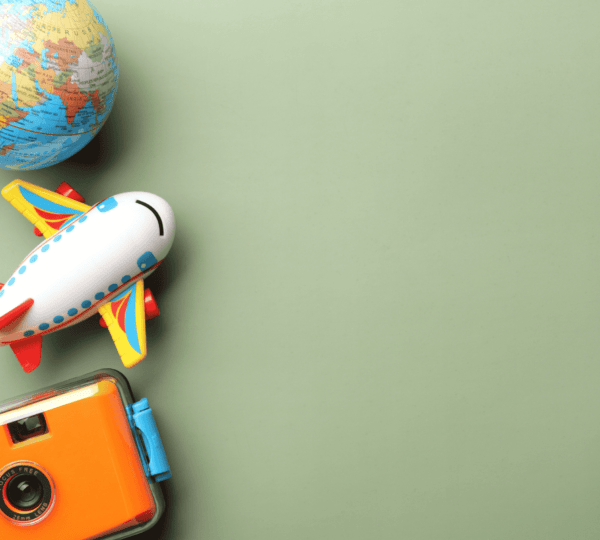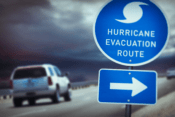
What to Expect When Traveling Abroad for the First Time
It was my little nephew’s first time at school, and he had no idea what to expect. While the adults around him were nervous, he was just excited to wear his new backpack, even though it was almost as big as he was. His mom had packed his lunch, labeled all his belongings, and reassured him a hundred times that everything would be okay. But the moment they arrived at the school gate, his confidence wavered. He clung to her leg, his wide eyes scanning the unfamiliar surroundings.
For the first few minutes, he refused to let go. The noise, the new faces, the strange routine—it was all overwhelming. But as soon as a teacher handed him a colorful toy and another child smiled at him, he hesitated, then took a small step forward. By the time his mom picked him up, he was chatting nonstop about the fun things he had done.
Traveling abroad for the first time is a lot like that. At first, it feels overwhelming—new places, unfamiliar languages, different customs—but as soon as you take that first step, things start falling into place. The confusion turns into curiosity, the fear fades into excitement, and before you know it, you’re creating stories you’ll tell for years.
So, what should you expect on your first trip abroad? Let’s get into it.
1. Preparing for Your Trip
Passports, Visas, and Travel Documents
Before you even book your flight, ensure your passport is valid for at least six months beyond your planned return date. Many countries enforce this rule strictly. You’ll also need to research visa requirements for your destination. Websites like the U.S. Department of State and Schengen Visa Info provide up-to-date information.
Fun Fact: Did you know Japan has the most powerful passport in the world, allowing visa-free travel to 193 destinations? (Henley Passport Index, 2024).
Expert Tip: Travel expert Rick Steves advises, “Make copies of important documents, including your passport, visa, and travel insurance, and store them separately from the originals.”
Travel Insurance: Do You Need It?
Travel insurance is highly recommended, especially for first-time travelers. It covers unexpected medical emergencies, trip cancellations, and lost baggage. According to Forbes Travel Guide, a solid travel insurance plan should include medical coverage of at least $100,000.
2. Packing Smartly for International Travel
The Essentials
- Passport, visa, and travel insurance documents
- Currency (exchange some cash before departure)
- Power adapters and converters (Check voltage requirements of your destination)
- A mix of casual and formal outfits (Consider cultural norms)
- Medications and a small first aid kit
- Comfortable shoes for walking
- Travel-sized toiletries (meeting airline regulations)
- Portable phone charger
Packing Light: Many first-time travelers overpack. Instead, follow the “5-4-3-2-1” rule: five tops, four bottoms, three pairs of shoes, two jackets, and one hat.
Expert Advice: According to Nomadic Matt, “Rolling your clothes instead of folding them saves space and reduces wrinkles.”
Weather Considerations: Research the climate of your destination and pack accordingly. A lightweight rain jacket can be invaluable in unpredictable weather.
3. Navigating Airports and Customs
Checking In and Security
Arrive at the airport at least three hours before an international flight. Familiarize yourself with security rules—liquids over 100ml aren’t allowed in carry-on bags.
Customs and Immigration
Each country has different customs regulations. Some may ask about the purpose of your visit, while others may require proof of return tickets or hotel reservations. Always answer honestly and confidently.
The world’s busiest airport for international travel is Dubai International Airport (DXB), processing over 89 million passengers annually (ACI World, 2023).
4. Adapting to a New Culture
Understanding Cultural Differences
Not every country operates the same way as yours. A simple hand gesture in one country might be offensive in another. Research cultural norms to avoid faux pas.
Language Barriers
You don’t need to be fluent, but learning basic phrases in the local language can enhance your experience. Apps like Duolingo and Google Translate are great travel companions.
Travel journalist Samantha Brown states, “A smile and a willingness to adapt can bridge cultural gaps faster than words.”
5. Handling Money and Expenses
Currency Exchange and Credit Cards
Exchange a small amount of cash before you travel, and inform your bank of your international trip to avoid card blocks. Many places prefer card payments, but it’s always good to have some local currency.
Saving Money While Traveling
- Use public transportation instead of taxis.
- Eat at local restaurants instead of tourist spots.
- Look for free attractions and walking tours.
- Consider travel passes for discounts on transit and sightseeing.
- Stay in budget-friendly accommodations such as hostels or Airbnb.
Fun Fact: Many European cities offer discounted city passes that provide access to major attractions and free public transport.
6. Staying Safe and Healthy
Health and Safety Precautions
- Research vaccination requirements before your trip.
- Carry a basic first-aid kit.
- Be cautious with street food—stick to busy stalls with fresh ingredients.
- Stay hydrated and carry a reusable water bottle where safe drinking water is available.
Scams and Tourist Traps
Be wary of overly friendly strangers offering unsolicited help. Common scams include fake taxi meters, distraction thefts, and overpriced souvenirs.
Lonely Planet advises, “Always trust your instincts and be cautious when approached by strangers offering ‘too good to be true’ deals.”
7. Making the Most of Your Trip
Immersing Yourself in the Experience
Try new foods, visit lesser-known sites, and engage with locals. Keep an open mind and be flexible with plans. Sometimes the best experiences come from unexpected detours.
Documenting Your Journey
Keep a travel journal or start a blog. Not only will this help you remember your trip, but it’s also a great way to share your experiences with others.
Joining Group Tours: If you’re traveling solo, consider joining local tours or excursions to meet other travelers and learn more about your destination.
Conclusion
Traveling abroad for the first time is an exciting milestone. While it may seem overwhelming at first, proper preparation, an open mindset, and a willingness to embrace new experiences will make it unforgettable. Just like Armstrong stepping onto the moon, your first international trip will be one of the biggest leaps in your personal adventure.
References
- Henley Passport Index, 2024
- Forbes Travel Guide, 2024
- ACI World, 2023
- Nomadic Matt, Travel Blog
- Lonely Planet, Travel Guides
- U.S. Department of State, Visa and Travel Information
- Schengen Visa Info, Travel Resources












